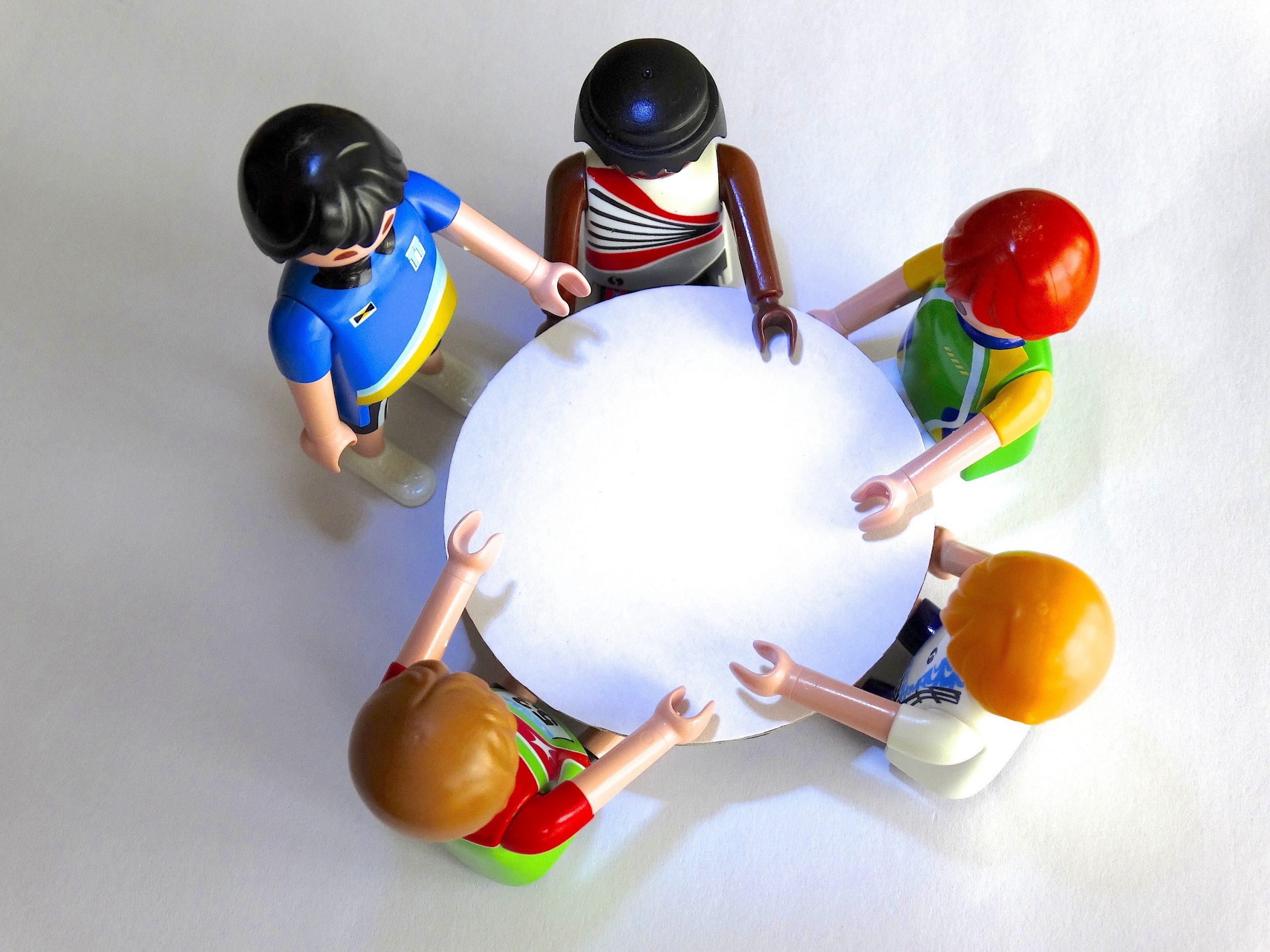In a previous blog, we talked about the false friends between Spanish and English. We focused solely on that language because English serves as a bridge language in our Spanish classes, with students who have very specific doubts. As a result, all Jaleo Madrid teachers have anecdotes or moments of confusion related to English.
Revisiting False Friends: Expanding Beyond English
However, no language is without fault, and we experience confusion with all of them. Today on our blog, we’re going to discuss some misunderstandings with other European languages, like German, French, Portuguese, and Italian. We’re sure many of you will relate to these common confusions in multilingual contexts.
Portuguese Pitfalls: Misunderstandings with Our Iberian Neighbors
Let’s start with our neighbors on the Iberian Peninsula. In a class with Portuguese speakers, you’ll often hear the phrase, “Spanish sounds like old Portuguese.” It’s funny, because to us Spaniards, it sounds the opposite. As you can imagine, false friends are common. Our favorite: “borracha” isn’t someone who has drunk too much, but what we call an “borrador” in Spain.
French Faux Pas: Navigating Common Confusions
Moving on to our neighbors, French also has its fair share of false friends. One common confusion is with “nombre,” which means “number” in Spanish, causing a bit of a mental block on the first day of Spanish class. Another funny confusion is how “gato” (cat) sounds almost like “gateau,” the French word for cake.
Italian Intricacies: Language Blunders with a Twist
When it comes to languages closely related to Spanish, we can’t leave out Italian. We’ll avoid mentioning one very well-known false friend for its vulgarity. Aside from that, there’s the famous “burro,” which in Italian doesn’t refer to an animal with long ears, but to butter. Also, we can’t forget “salire,” which means “to go up” in Italian, often leading to spatial confusions between the two languages.
German Gaffes: Overcoming False Friends Across Borders
Although a bit further away geographically, German also has some false friends. We’ve already explained the curious connection between the Spanish word “bigote” (mustache) and a German expression. Besides that, “gymnasium” is not a place for sports, but a high school in the language of Goethe. “Rat” is another tricky one because it doesn’t mean “rat” in German, but “council,” often used in political contexts.
Need Help with Language Confusion? Join Our Classes!
If you want to work on correcting these errors, we’d be happy to help. Contact us to arrange one of our classes. We look forward to meeting you!





